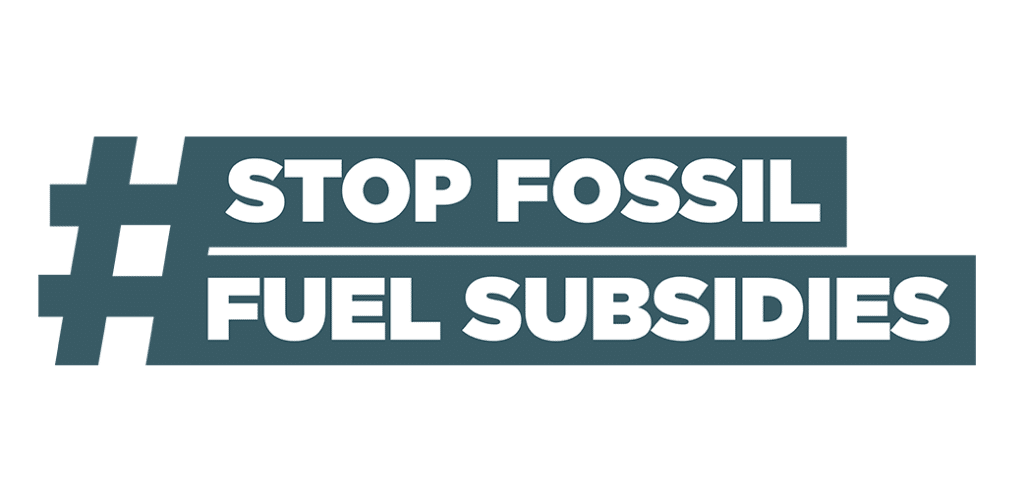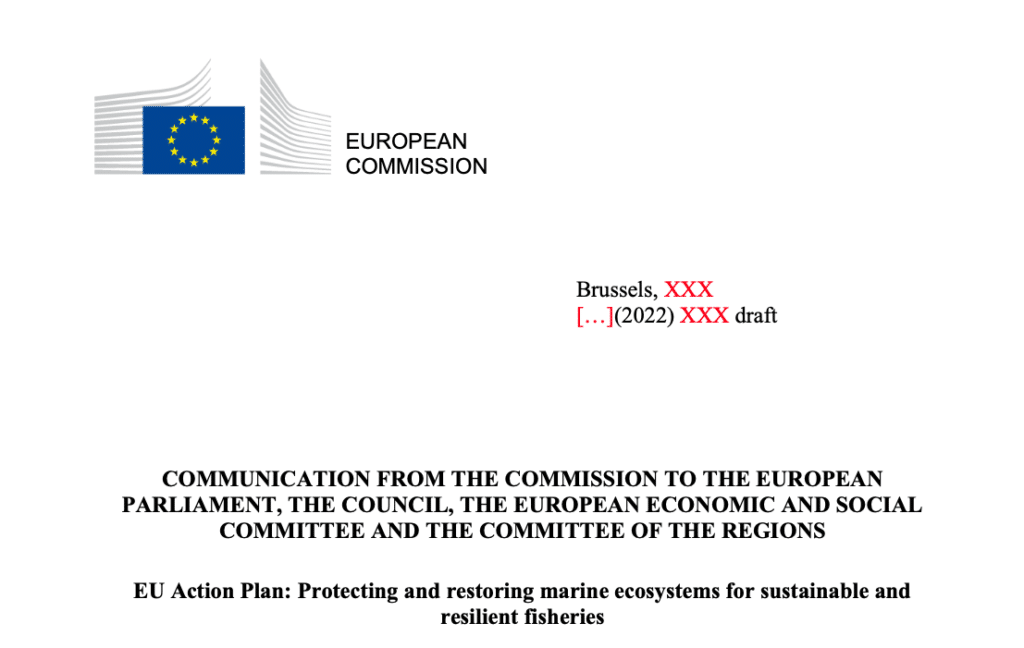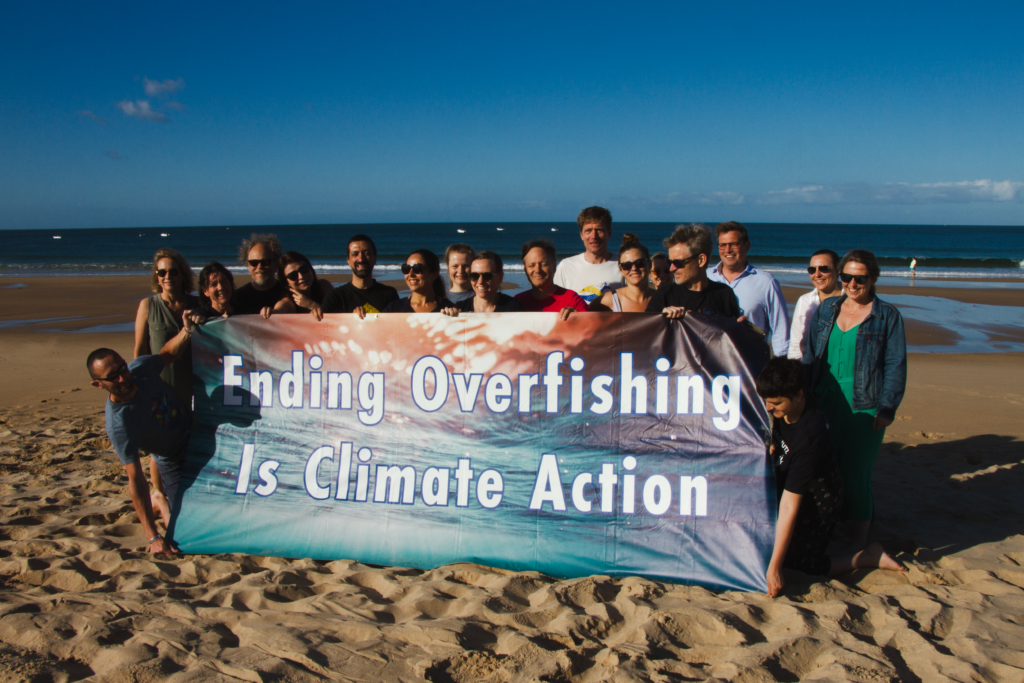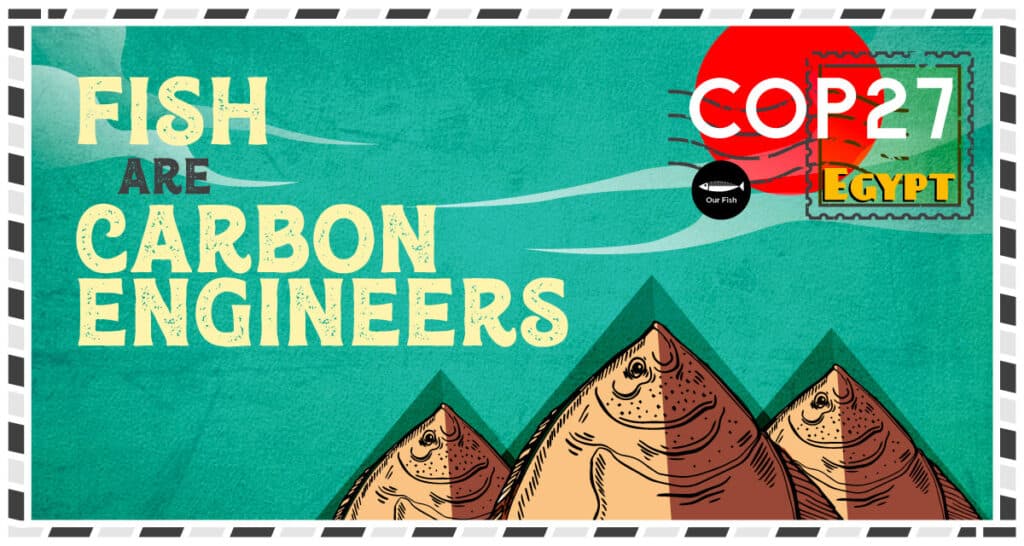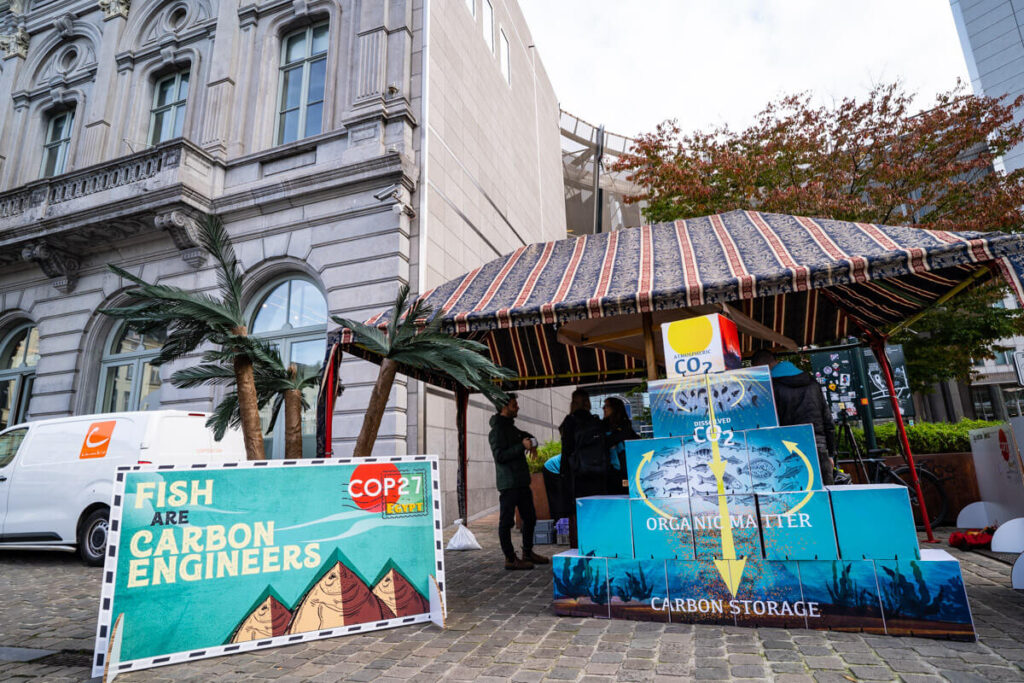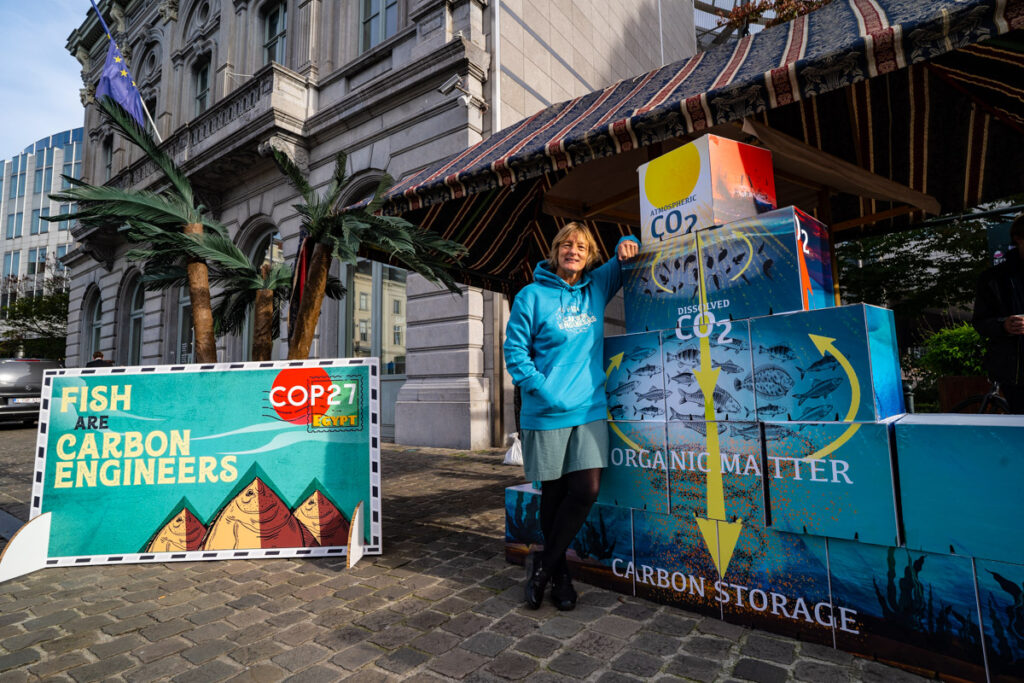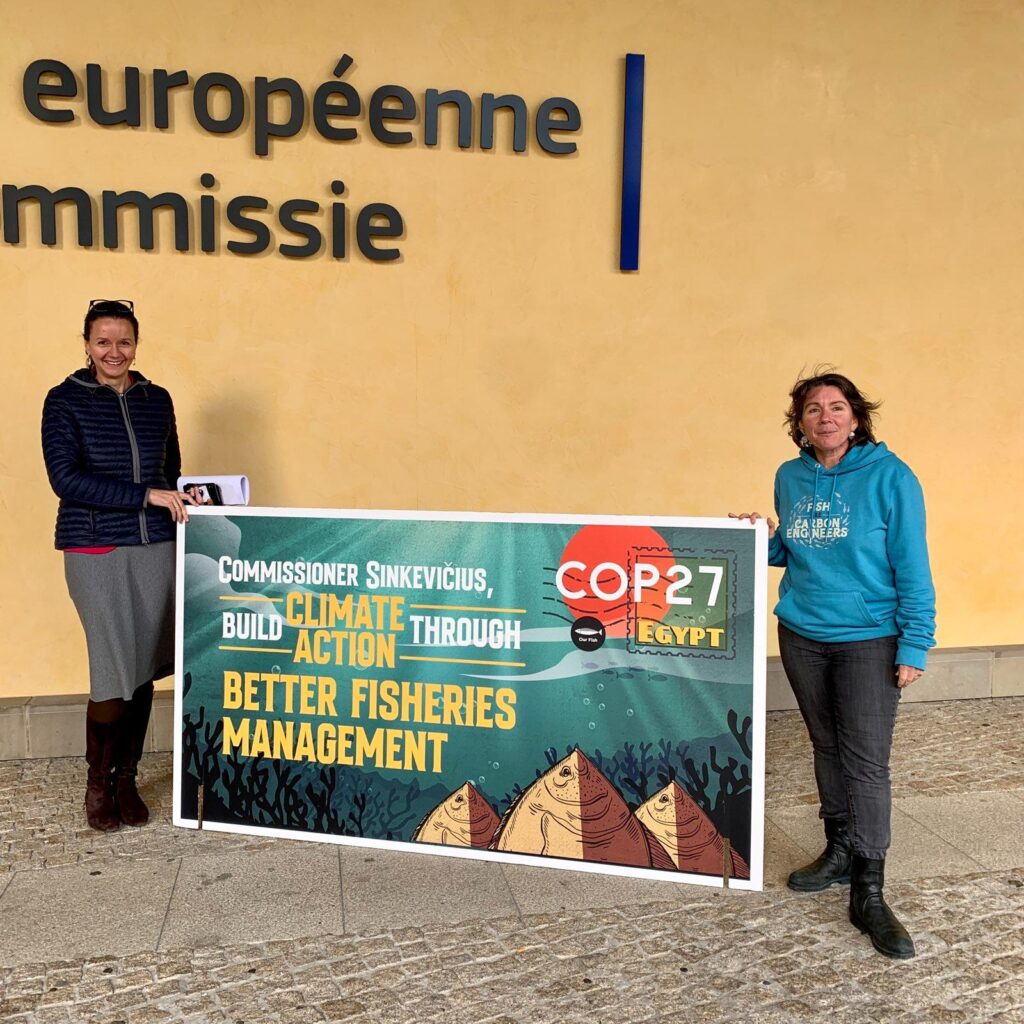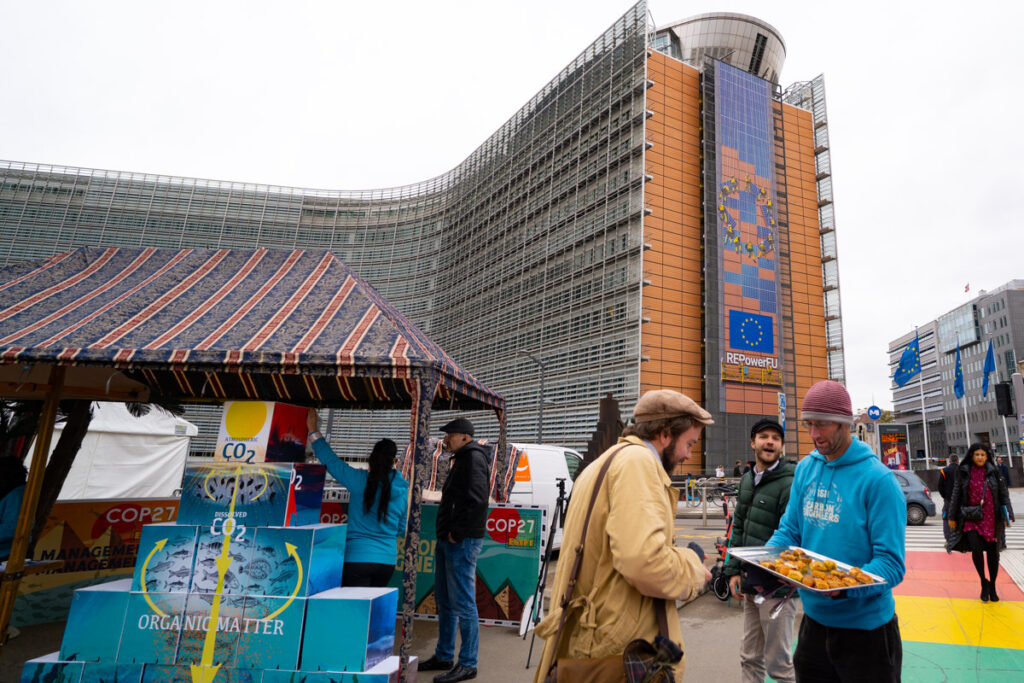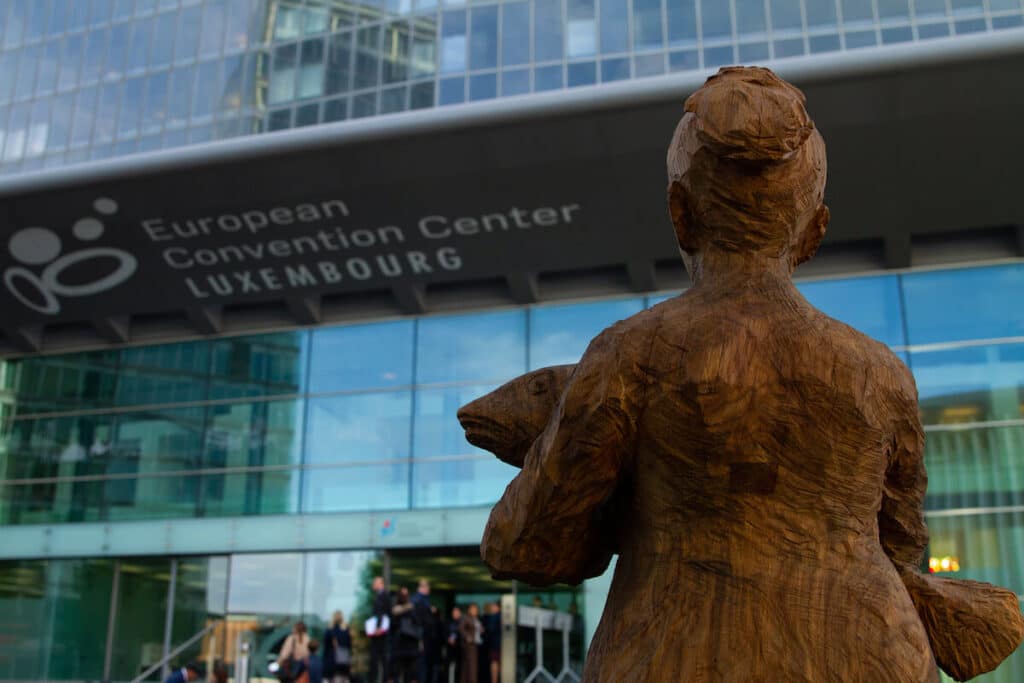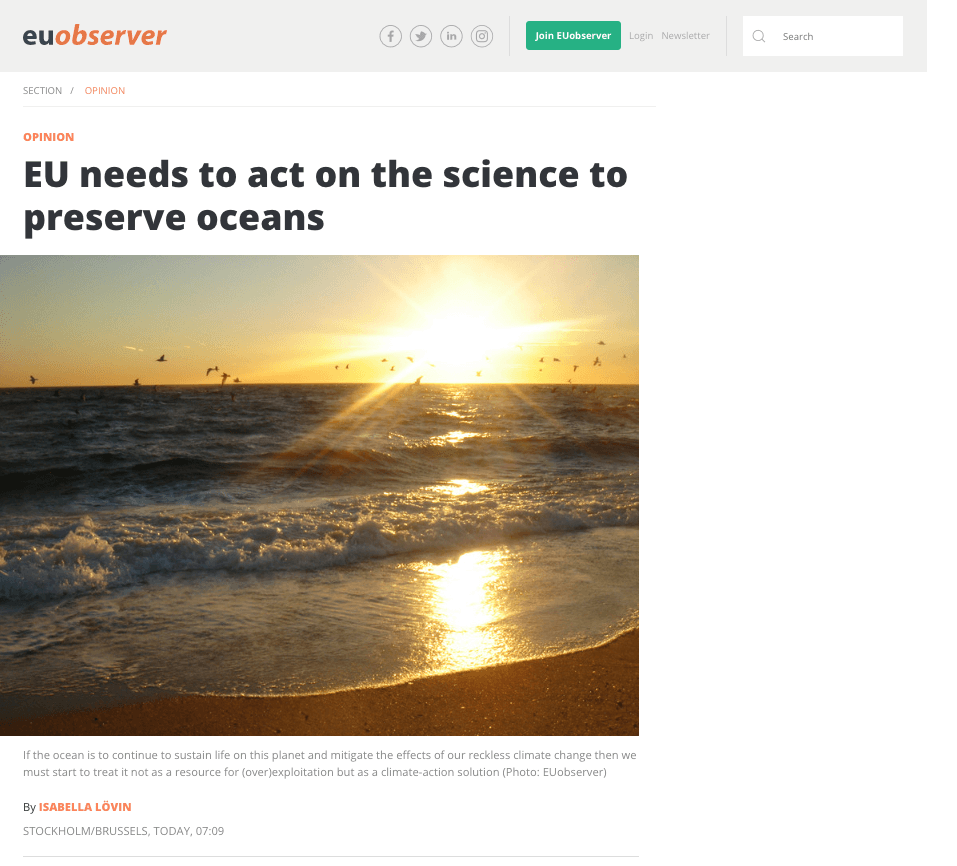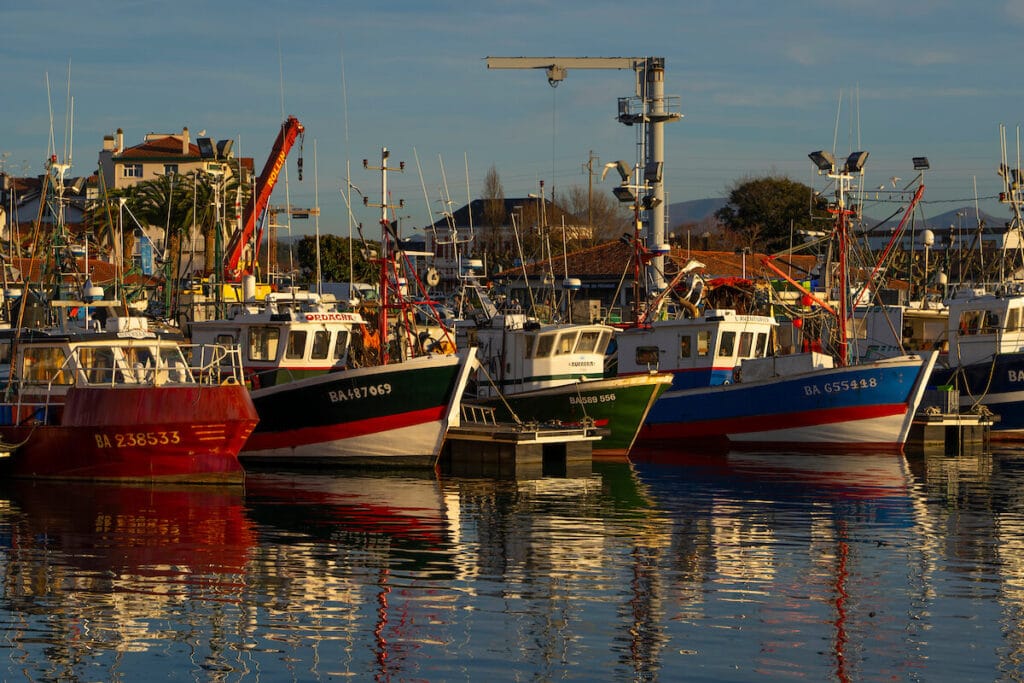
Geneva, March 20, 2023:- Responding to today’s publication of the Intergovernmental Panel on Climate Change’s (IPCC) Synthesis Report (SYR), Our Fish called on the European Commission and EU Member States to rapidly escalate their actions to immediately transition to a low impact low carbon fishing fleet, and finalise the elimination of fuel tax subsidies for the fishing industry through the review of the European Taxation Directive this year.
“Today’s IPCC report could not be clearer – the culmination of years of work from expert scientists around the world shows that climate chaos is already causing widespread painful damage to people’s health, food security, and nature – we must do everything possible to reduce emissions and limit warming to 1.5 degrees before 2030, to avoid losing most of the world’s coral reefs, and entire ocean ecosystems that support billions of lives in Europe and around the world”, said Our Fish Program Director Rebecca Hubbard.
“The EU has an obligation, as one of the richest regions, to lead international cooperation on climate action”, she added. “Support for our fishing fleet and ocean ecosystems is the perfect place to demonstrate this global commitment, and should include delivering an urgent end to EU fossil fuel subsidies, accelerating the transformation to low carbon, electric alternatives, and protecting carbon engineers such as fish and the seabed’s carbon storing capabilities, from destruction”.
“The EU should leverage the climate protecting power of the ocean, which is far cheaper, scalable and manageable than pursuing fossil fuel-funded pipe dreams such as carbon capture and storage and carbon dioxide removal in the ocean, which are costly and potentially have massive and unknown impacts.”
“When EU Member State governments and staff members of the European Commission are considering whether they should stop overfishing or stop destructive fishing disturbing carbon stored in the seabed or stopping fossil fuel subsidies, they must consider the following: Every fraction of a degree matters, every action matters, every year matters. It’s not coming down the line. We are at the end of the line, and we need to make decisions like our lives depend on it, because they do”, concluded Hubbard.
ENDS
Contact:
Dave Walsh, press@our.fish, +34 691 826 764
Notes:
[1] Revised schedule of the IPCC Synthesis Report
https://www.ipcc.ch/2022/09/09/media-advisory-revised-schedule-ar6-synthesis-report/
[2] IPCC AR6 Synthesis Report (SYR)
https://www.ipcc.ch/report/sixth-assessment-report-cycle/
According to IPCC procedures the Synthesis Report (SYR) should “synthesise and integrate materials contained within the Assessment Reports and Special Reports” and “should be written in a non-technical style suitable for policymakers and address a broad range of policy-relevant but policy-neutral questions approved by the Panel”.
[3] The AR6 SYR is based on the content of the three Working Groups Assessment Reports: WGI – The Physical Science Basis, WGII – Impacts, Adaptation and Vulnerability, WGIII – Mitigation of Climate Change, and the three Special Reports: Global Warming of 1.5°C, Climate Change and Land, The Ocean and Cryosphere in a Changing Climate
[4] 9 August 2021: IPCC: Our Fish Calls on EU to End Overfishing in Response to Climate Crisis
[5] 05 April 2022: IPCC Report: EU Must End Dangerous, Radical Funding of Fossil Fuels for Fishing Industry
About Our Fish
Our Fish is working to end overfishing and restore a healthy ocean ecosystem.
By collaborating with others, and deploying robust evidence, we are calling for an end to overfishing as a critical and significant action to address the biodiversity and climate crisis.




